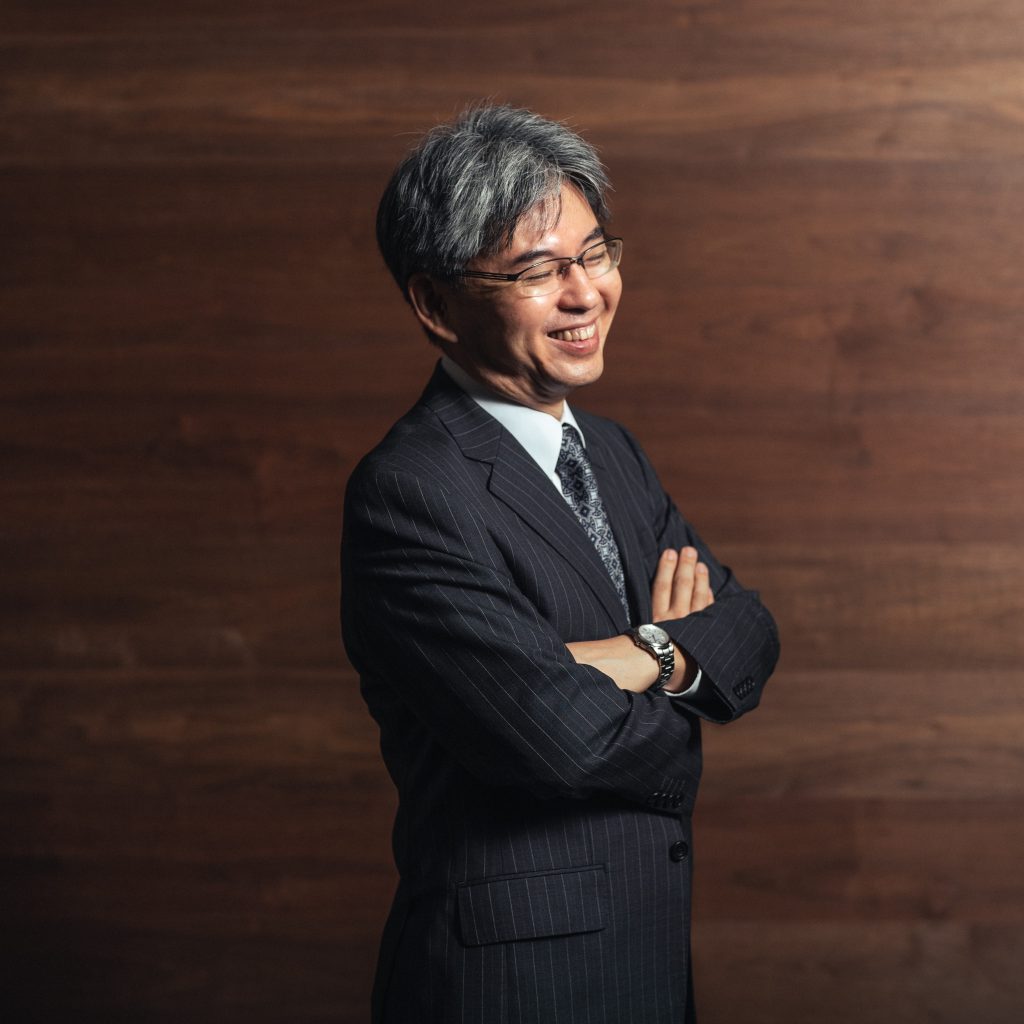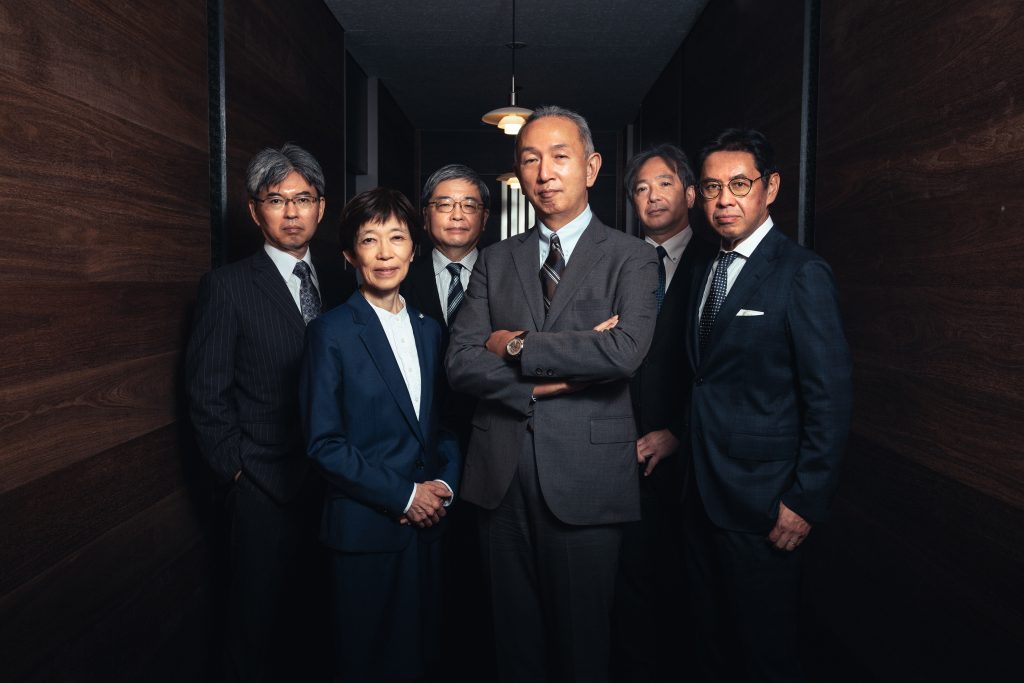Marking the Third Year of Liberal Education and Learning – Deepening the Integration of Humanities and Sciences in our Curriculum

Liberal Education and Learning (Kiban Kyouiku) is the guiding educational principle of Sophia University that shapes “the ability to be a lifelong learner” over the course of four years. Now in its third year, it is beginning to show its true potential. Vice President for Academic Affairs, Takashi Irohara, talks about this educational system.
Synergistic Benefits of Learning in Tandem
After being under consideration for about four years, “Liberal Education and Learning” was introduced in academic year (AY) 2022, now having 1st and 2nd year students studying under this system as of the beginning of AY2024.
Today’s future is difficult to predict and often referred to as “VUCA;” volatile, uncertain, complex, and ambiguous. The face of society is rapidly changing and what we learn as students will eventually become obsolete. The purpose of Liberal Education and Learning is to help students develop self-determination in learning in order to continue a lifelong learning.
Liberal Education and Learning is not a set of dedicated courses, but is a principle taught through all the courses offered at Sophia University. Our classes are split into “university-wide general studies courses” offering multifaceted perspectives, “departmental courses” to deepen one’s field of specialization, and “language courses” to understand foreign languages and cultures. During the four years of studies, students design their course load with a combination of these three types of courses and establish their own “foundation” by studying back and forth between them.
The most distinctive among Sophia’s courses are the university-wide general studies courses. Although they may seem to be introductory level courses in various subjects, in our quest to realize Liberal Education and Learning, we have implemented “course numbering” to indicate the level and lineage of courses.
Courses in the 100-level range are introductory, 200-level being developmental, and those in the 300/400-level are for exploration, inquiry, and integration. Even students in their third and fourth years who have deepened their subject expertise will continue to be exposed to learning how to understand people, different ways of thinking, and culture at suitable levels through their university-wide general studies courses.
For example, one of the 300/400-level courses in the university-wide general studies courses is “Introduction to Negotiation Theories.” Students in the Faculty of Economics can apply the theories they learn in this subject to research on business cooperation, while students in the Faculty of Global Studies can apply the theories to research on resolving international disputes. Similarly, the practical analytical methods taught in the 300/400-level “Data Science” general course helps liberal arts students learn a mathematical approach to their subjects and research.
Designing your Learning Experience with Advice from your Seniors
This way of learning is unprecedented not only in high schools but also in other universities in Japan, but it is necessary for students to have a clear understanding of this concept and approach to taking their courses.
To ensure this is the case, we have launched a pre-enrollment education program, “Learning to How to Learn,” as an introduction to Liberal Education and Learning. All students who enroll in Sophia University are provided with this on-demand videos on expanding and deepening their learning in a way that is unique to them, regardless of what they are majoring in or which department they are enrolled in.
Furthermore, in April 2024, we released a booklet, “Learning Guide,” to explain the purpose of Liberal Education and Learning and encourage self-determination in learning. For example, when registering for university-wide general studies courses, the booklet explains how students should think about their selections, and how the content of those courses should be coordinated with what is taught in specialized and language courses. The contents of the booklet are based on the experiences of faculty members who teach university-wide general studies courses and includes advice from senior students who have taken the university-wide general studies courses suited for 3rd and 4th year students.
Here are some student examples: a Faculty of Humanities student, conducting a research on structural analysis of Japanese using text data, took a university-wide general studies course on AI. The student noticed that the gained insight from AI course – natural language processing – added more depth to the research.
Another student from the Faculty of Foreign Studies was truly inspired by a story told by the guest diplomat in a university-wide general studies course “Introduction to Japan’s Foreign Policy,” deciding to embark on an internship abroad, resulted in having a clearer dream of working on the international stage. In the future, this student plans to deepen knowledge of Africa and take classes related to specific religions. This kind of development, where learning leads to another learning, leading to unexpected results at times, is one of the best parts of the Liberal Education and Learning program where students can decide the direction of their own learning.
Sophia University offers students the opportunity to design their own learning, with vast array of subjects and academic fields offered by nine faculties and ten graduate schools – all located in one campus. Here, students will acquire a multifaceted values system, allowing them to see issues from multiple angles.
In the era of “100-year lifespans” your time as a student is only the beginning. If you see university not as a place where admission is the goal, but as a place for growth and development that will lay the foundation for lifelong learning, Sophia University can provide you with the best environment for doing so.
